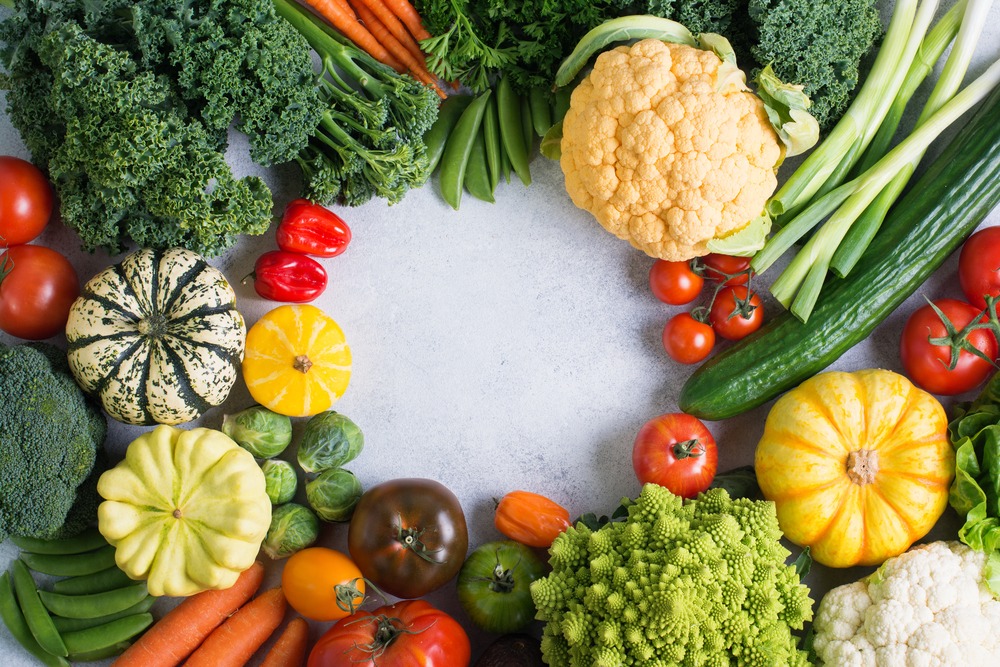
There’s really no easy answer.
Since cooking heightens the nutrients in some vegetables and makes it easier for our bodies to absorb them, while it does the exact opposite in others, it really depends on the vegetable.
Nutrient availability
Cooking can increase the availability of some nutrients, including vitamin A, calcium, iron and the antioxidant lycopene. The tough cell walls of certain vegetables break down during cooking, making it easier for your body to absorb essential nutrients.
Carrots contain a compound called beta-carotene, which gives them their deep orange hue. Beta-carotene is converted into vitamin A in the body, which is essential for good vision (along with immune health, healthy skin, reproduction, and bone growth). Cooking carrots actually increases the amount of beta-carotene your body is able to absorb.
Moreover, indole, an organic compound, is formed when certain plants such as broccoli, cauliflower and cabbage, are cooked. Indole helps kill precancerous cells before they turn malignant.
Nutrient retention
You can lose up to 30 percent of the amount of vitamins when cooking vegetables. Some of the nutrients most sensitive to cooking include potassium, vitamin C, folate and thiamine. You’ll lose fewer nutrients if you microwave or steam your vegetables instead of boiling, baking, roasting, frying or sautéing them.
Water-soluble nutrients (e.g., vitamin C, B, and a group of nutrients called polyphenolics) are specifically vulnerable to degradation during the cooking process. For instance, Vitamin C, which is highly unstable, is easily degraded through oxidation, exposure to heat and through cooking in water.
Also, heating deactivates myrosinase, an enzyme in broccoli that helps cleanse the liver of carcinogens.
Cancer-fighting potential
Eating more fruits and vegetables, both raw and cooked, may lower your risk for certain types of cancer. However, the evidence is stronger for raw vegetables than for cooked vegetables, in part because some of the nutrients that help prevent cancer are destroyed during the cooking process. For example, a beneficial plant chemical in broccoli called myrosinase, which helps break down substances to form isothiocyanates, a compound that helps prevent cancer, is destroyed during the cooking process. This causes cooked broccoli to have about two-thirds fewer isothiocyanates than raw broccoli.
Food safety
Vegetables can sometimes be contaminated with bacteria or other harmful substances. Cooking destroys many of them, making cooked vegetables safer than raw vegetables, especially for people with compromised immune systems. You can also reduce the risk of food poisoning from raw vegetables by refrigerating raw produce, keeping it separate from meat and poultry and washing your produce before you eat.
Just as it’s important to consume a variety of vegetables daily, it’s also important to vary the way you prepare them. This will ensure that you’re not missing out on important nutrients and enzymes, and it might also encourage you to try new types of vegetables.
Leave a Reply